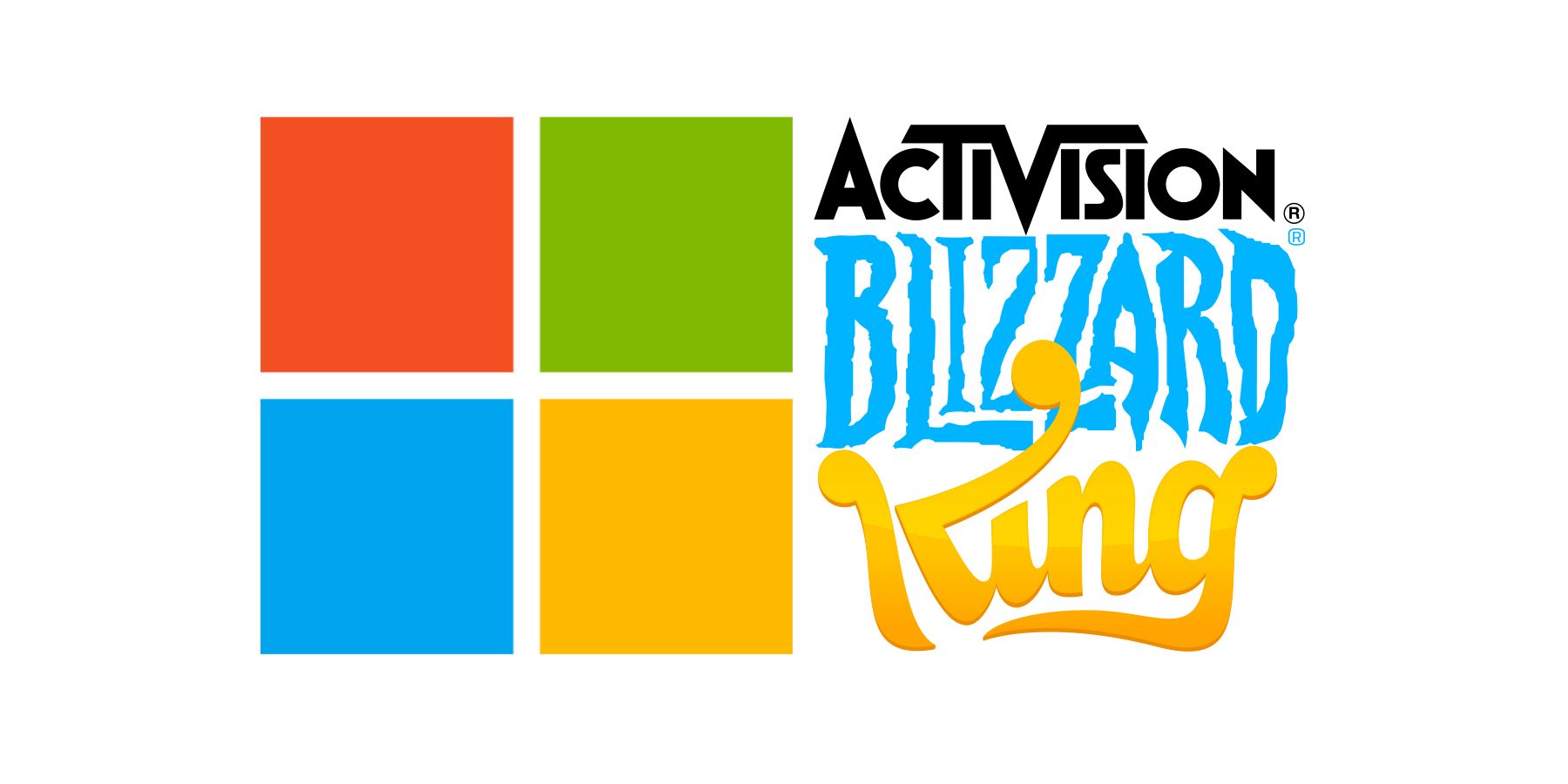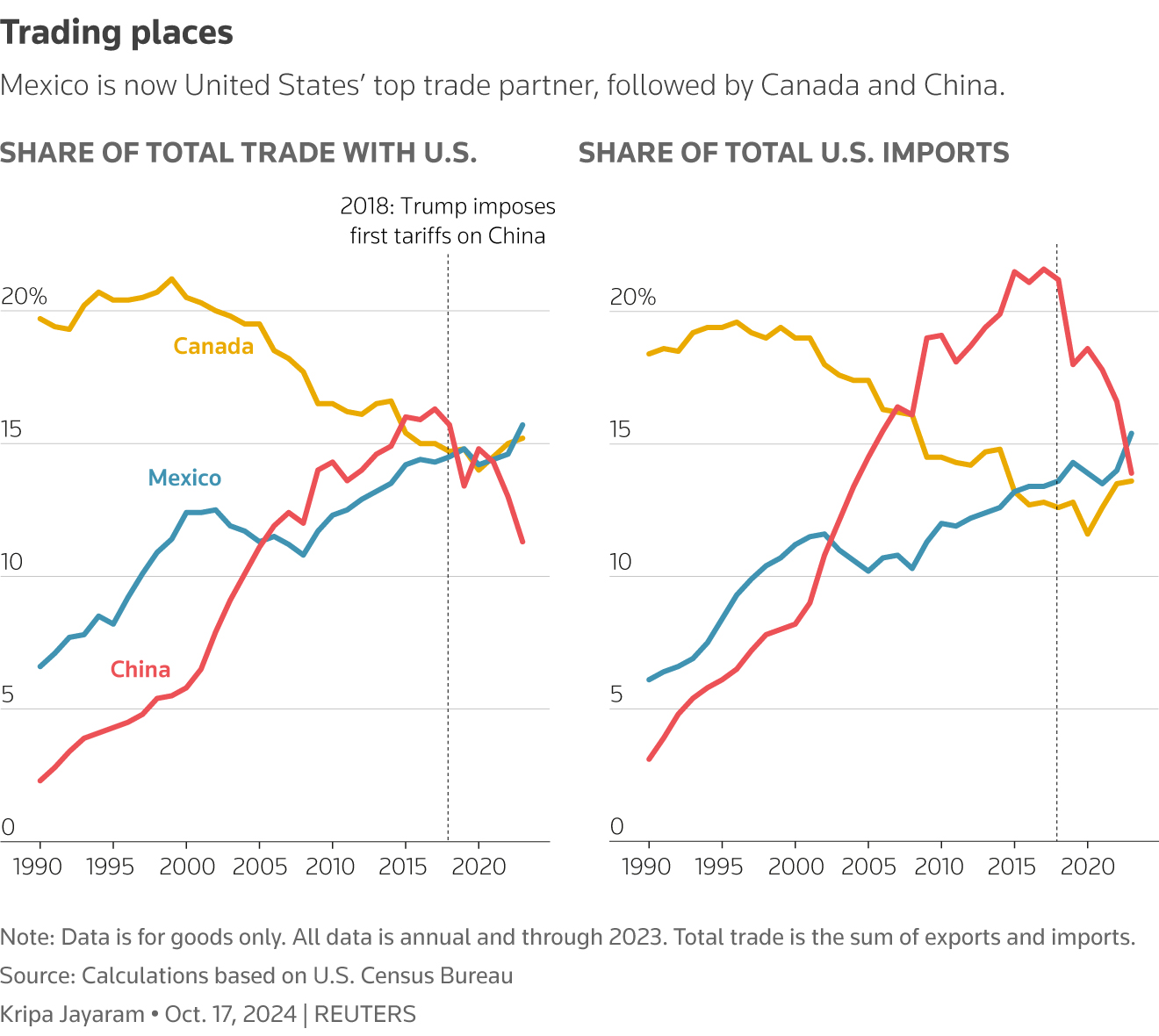FTC Appeals Microsoft-Activision Ruling: What's Next?

Table of Contents
The Federal Trade Commission (FTC) has appealed a judge's decision to approve Microsoft's acquisition of Activision Blizzard, sending shockwaves through the gaming world. This unexpected move throws the future of the $69 billion deal into question and raises crucial concerns about antitrust regulation and the future of gaming consolidation. This article delves into the FTC's appeal, exploring the potential outcomes and their implications for Microsoft, Activision Blizzard, and the broader gaming landscape. The Microsoft-Activision merger remains a pivotal moment for the industry.
The FTC's Arguments Against the Merger
The FTC's appeal centers on its belief that the Microsoft-Activision merger will significantly reduce competition within the gaming industry, harming consumers. Their arguments rest on several key pillars:
-
Stifling Competition in Cloud Gaming: The FTC argues that Microsoft, already a major player in cloud gaming with Xbox Cloud Gaming, will leverage its control over Activision Blizzard's vast library of games – including juggernauts like Call of Duty, Candy Crush, and World of Warcraft – to exclude competitors and dominate the market. This could limit consumer choice and innovation in the rapidly expanding cloud gaming sector.
-
Leveraging Popular Franchises to Harm Rivals: The commission alleges that Microsoft will use its newly acquired control over popular Activision Blizzard franchises to disadvantage rival gaming platforms and services. This could involve making these titles exclusive to Xbox, or offering them on competing platforms under significantly less favorable terms, effectively driving competitors out of the market. Imagine a scenario where Call of Duty, a hugely popular title, becomes an Xbox exclusive – a major blow to PlayStation and other platforms.
-
Impact on Innovation and Consumer Choice: The FTC expresses deep concern about the potential for reduced innovation and diminished consumer choice. With a significantly increased market share, Microsoft could prioritize its own platforms and games, potentially stifling the development and release of new and competing titles. This lack of competition could lead to higher prices, fewer features, and less innovation overall for gamers.
The Role of "Call of Duty" in the FTC's Argument
Call of Duty's central role in the FTC's case cannot be overstated. The immensely popular first-person shooter franchise boasts millions of players across various platforms. The FTC fears that Microsoft could make Call of Duty exclusive to Xbox, severely harming competitors like Sony's PlayStation and potentially hindering the growth of other cloud gaming services. This exclusivity would represent a significant anti-competitive practice, giving Microsoft an unfair advantage.
Microsoft's Response and Defense
Microsoft has vigorously defended the merger, countering the FTC's claims with its own arguments:
-
Commitment to Multi-Platform Call of Duty: Microsoft has repeatedly stated its commitment to keeping Call of Duty available on PlayStation and other competing platforms. They've even offered long-term contractual agreements to guarantee Call of Duty's continued presence on these platforms, attempting to address the FTC's key concerns.
-
Benefits for Gamers: Microsoft emphasizes that the merger will ultimately benefit gamers by fostering greater game development and innovation. Increased resources and combined expertise, they argue, will lead to more high-quality games and a richer gaming experience for everyone.
-
Concessions and Agreements: To alleviate the FTC's concerns, Microsoft has reportedly made several concessions, including proposed remedies and modifications to the acquisition agreement. The exact nature of these concessions remains partially undisclosed, but they aim to address antitrust issues and maintain a competitive gaming market.
Potential Outcomes and Implications
The appeal's outcome holds significant implications for Microsoft, Activision Blizzard, and the gaming industry at large:
-
Possible Outcomes: Three main scenarios are possible: the FTC could win the appeal, overturning the merger; the FTC could lose the appeal, allowing the merger to proceed; or a negotiated settlement could be reached.
-
Impact on the Gaming Industry: If the FTC wins, it could significantly impact Microsoft's stock price and send a strong message about antitrust enforcement in the tech sector. This could also discourage future large-scale mergers and acquisitions in the gaming industry. A loss for the FTC, however, could accelerate industry consolidation.
-
Implications for Future Mergers & Acquisitions: This case will undoubtedly set a precedent, shaping future regulatory decisions regarding mergers and acquisitions within the tech industry, especially in sectors like gaming and cloud computing.
The Precedent Set by this Appeal
This appeal's outcome will be carefully scrutinized by regulators globally. It could significantly influence how future mergers and acquisitions are evaluated, particularly those involving major tech companies and their potential impact on market competition. This case could lead to stricter regulations or a more lenient approach to industry consolidation, depending on the ruling.
The Future of Cloud Gaming and the Metaverse
The Microsoft-Activision merger's impact extends beyond traditional gaming:
-
Cloud Gaming's Central Role: The FTC's concerns about cloud gaming competition are significant. The merger's outcome could dramatically alter the landscape of cloud gaming, shaping its future trajectory and impacting the competition between major players.
-
Metaverse Implications: The outcome of this appeal will indirectly affect the metaverse. The dominance of one company in gaming could influence its control over related metaverse experiences and virtual worlds.
-
Impact on Other Tech Giants: The result of this case will undoubtedly influence other tech giants considering similar large-scale acquisitions. The precedent set will either embolden or discourage similar endeavors, impacting future industry consolidation.
Conclusion
The FTC's appeal of the Microsoft-Activision Blizzard ruling represents a significant challenge to the deal and has major implications for the future of the gaming industry. The outcome will likely set a precedent for future mergers and acquisitions in the tech sector. The arguments made by both sides highlight the complex issues surrounding antitrust regulation in rapidly evolving markets. The Microsoft-Activision merger's fate remains uncertain, but its impact will be far-reaching.
Call to Action: Stay informed about the developments in the FTC's appeal of the Microsoft-Activision ruling. Keep checking back for updates and analysis on this crucial case that could reshape the gaming landscape. Follow our coverage on the Microsoft-Activision merger and its potential impact.

Featured Posts
-
 Update Rogart Vets Operating From Temporary Tain Location
May 31, 2025
Update Rogart Vets Operating From Temporary Tain Location
May 31, 2025 -
 Posthaste Deciphering The Global Implications Of The Recent Tariff Decision For Canada
May 31, 2025
Posthaste Deciphering The Global Implications Of The Recent Tariff Decision For Canada
May 31, 2025 -
 5 Important Things To Know Thursday March 27 2025
May 31, 2025
5 Important Things To Know Thursday March 27 2025
May 31, 2025 -
 Zverev And Griekspoor Face Off In Bmw Open 2025 Quarter Finals
May 31, 2025
Zverev And Griekspoor Face Off In Bmw Open 2025 Quarter Finals
May 31, 2025 -
 Aktuelle Themen Der Ersten Pflegekonferenz Bodenseekreis
May 31, 2025
Aktuelle Themen Der Ersten Pflegekonferenz Bodenseekreis
May 31, 2025
